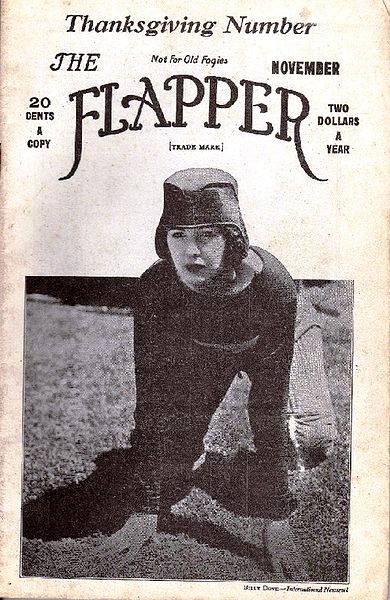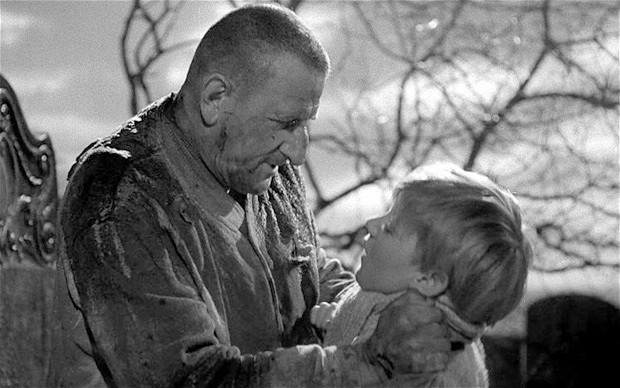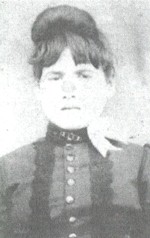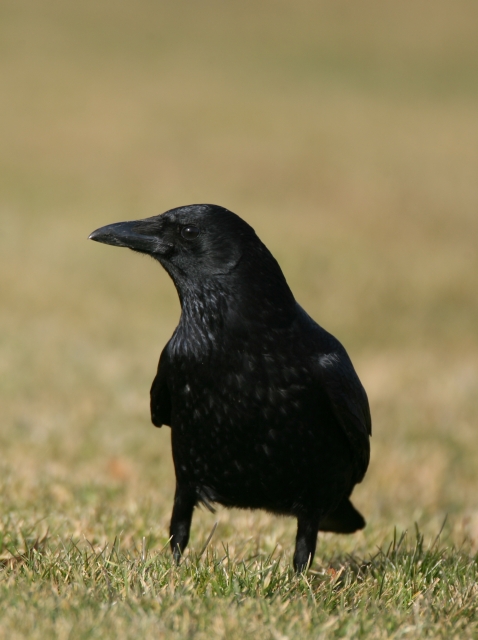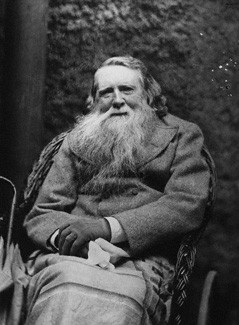The bestselling paperbackist Pebblehead’s diary for this day in 1992:
To the launch party for my new paperback potboiler Mabel! Mabel! Mabel! Mabel! Mabel! Mabel! Mabel! Mabel! I took the title from Ronald Firbank’s 1916 novel Inclinations, and I am pleased to think that this may be the first time in the history of fiction that an entire chapter of an existing work has been quoted as the title of a new one. (It was Chapter XX, for anybody who wants to check.) My Mabel bears scant resemblance to Firbank’s. She was young and not a little ditzy, while mine is a crone. In fact, for a while I thought of giving the book the title Crone With A Sponge! until, about half way through, I encountered intractable technical potboiler difficulties and had to ditch the sponge entirely, eradicating all mention of it from the opening chapters. It is, I think, a better book as a result, certainly a better potboiler.
I attended the launch party incognito, got up as a baffled bus conductor down on his luck. My disguise was almost wholly successful, and not even my own mother recognised me. What on earth she was doing at the party is a surpassing mystery. I must have words with the warden of the Bewilderment Home. Though nobody actually knew me for who I am, one fathead mistook me for the lumbering psychopathic walrus-moustached serial killer Babinsky, and called the coppers. They arrived just as I was cramming cream crackers from the buffet into the pocket of my bus conductor’s jacket. Never overlook free cream crackers, by the way – follow that advice and you can sail through life more or less unhindered.
Not so this evening, alas, as the coppers, led by doughty Detective Captain Cargpan, whacked me on the head several times with a lead-weighted sap, removed the cream crackers from my pocket and put them back on the buffet table, and bundled me into the back of their van. I assumed I would be taken down to the station, but instead we drove out into the blasted and inhospitable winter countryside. At a godforsaken spinney, the van screeched to a halt and the coppers dragged me out and tied me to the trunk of a yew tree. The yew tree pointed up, it had a Gothic shape. My eyes lifted after it and found the moon. I noticed that fumy, spiritous mists inhabited this place, and there was a row of headstones.
“I have decided that the only way to stop you, Babinsky, is to engage in a spot of extra-judicial killing,” said Cargpan. Then, “Ned, get the axe and the shovel,” he added, to one of his henchmen.
“But I am not Babinsky!” I cried, “I am the bestselling paperbackist Pebblehead!”
“Prove it,” said Cargpan, darkly.
“My hands are tied to the trunk of this pointy yew tree so I cannot rummage in my pockets, but if you do so, in among the crumbs of cream crackers you will find my jotter, in which are jotted down notes for my next half dozen bestselling paperback potboilers,” I said.
Cargpan rummaged, and a look of wonderment lit up his countenance.
“Bloody hell, boys, this isn’t Babinsky, it’s Pebblehead!” he cried, and he immediately freed me from my bonds and sat me down on a camping stool and gave me a cup of tea from a flask.
“We are all big fans of yours,” he said, as his little band of coppers all nodded, “We’ve got every single one of your books down at the station. If we take you back there, will you sign them for us?”
“Of course I will,” I said, “If, afterwards, you will return me to the launch party for Mabel! Mabel! Mabel! Mabel! Mabel! Mabel! Mabel! Mabel!”
“Better than that,” said Cargpan, “We will throw a party for you ourselves. I don’t know if you have ever been to a coppers’ party, Mr P., but we can guarantee you a splendid time.”
And so it turned out that I ended the evening absolutely stuffed with cream crackers, wearing a paper hat, and regaling a basement full of coppers with piquant anecdotes of the literary life. More to the point, I gathered invaluable material for my forthcoming bestselling paperback potboiler Tied To A Yew Tree By Coppers! (working title), which I should have finished by late tomorrow afternoon.

